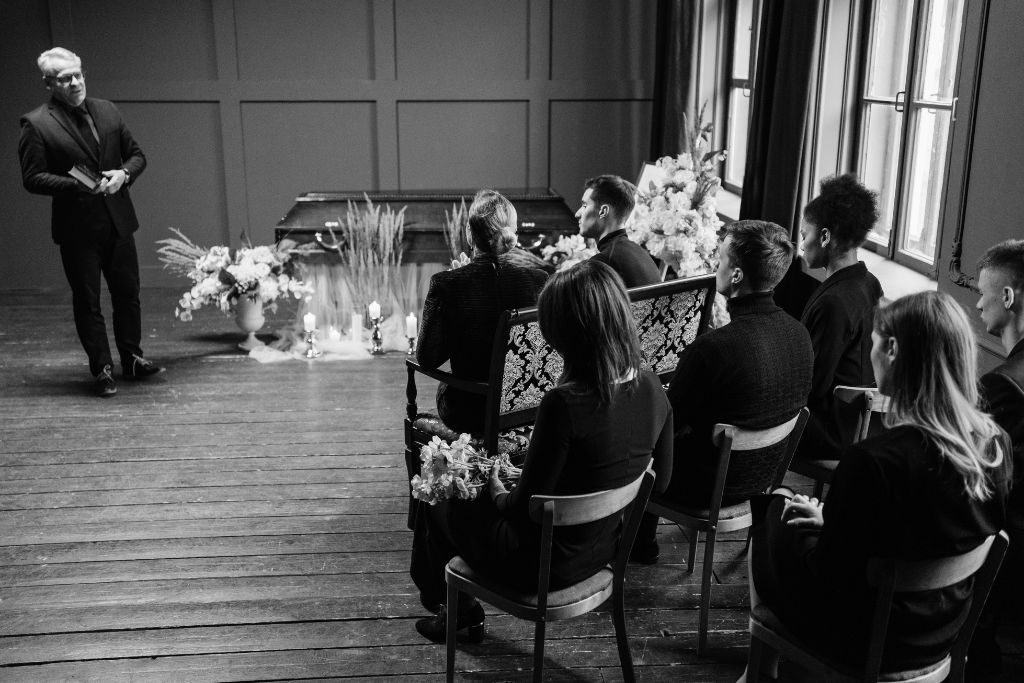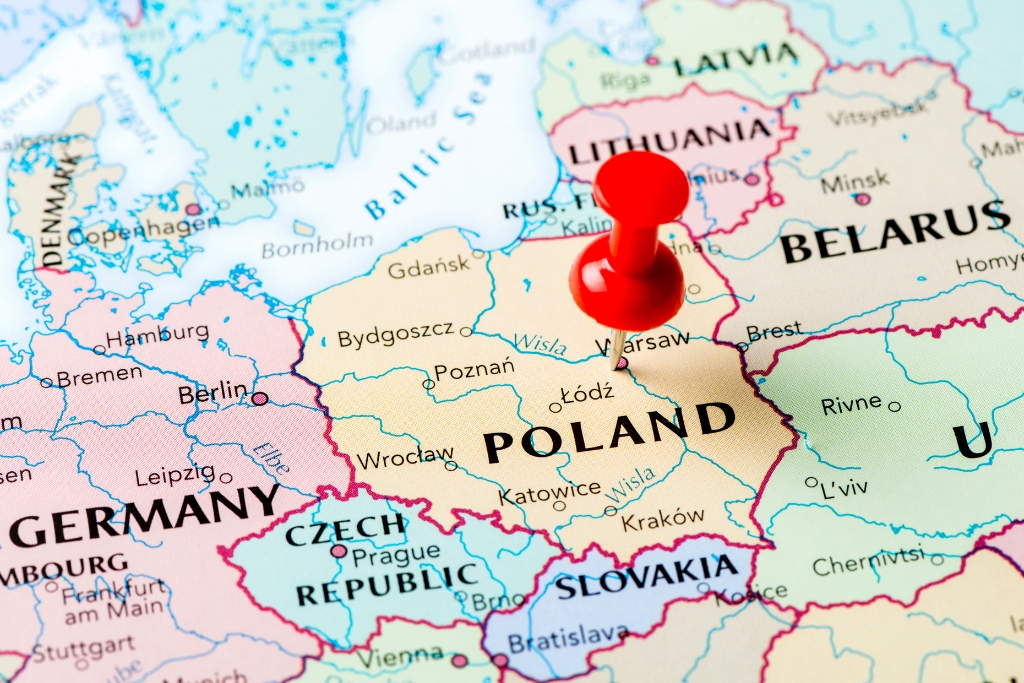The death of a loved one abroad places the family in a difficult situation. Repatriating the body to the home country is a complex process, both in terms of formalities and logistics, and it also involves considerable costs.
The death of a loved one abroad places the family in a difficult situation. Repatriating the body to the home country is a complex process, both in terms of formalities and logistics, and it also involves considerable costs.

The key document governing this matter is the Convention on the Transport of Corpses, signed in Strasbourg in 1973, which is applied by most European countries. According to its provisions, the body of the deceased must be transported in a specially sealed coffin, and the accompanying documentation must confirm that there is no sanitary or epidemiological risk. Transporting human remains by air from countries that are not signatories to this Convention may, for formal reasons, prove to be significantly more complicated.
Professional funeral companies specializing in international repatriation of human remains provide comprehensive services — from contacting the consulate and foreign authorities, through preparing the necessary documentation, to receiving the remains at the airport and transporting them to the burial site. This ensures that all procedures are carried out in accordance with the law and with full respect for the dignity of the deceased.
The total cost of repatriating a body by air consists of several elements, including: the cost of air transport, consular fees, translation expenses, and funeral home service charges. The cost of air transport depends primarily on the distance and the selected airline. Consular fees, translation costs, and the expenses for obtaining the necessary permits are independent of the means of transport. Funeral home service costs include, among other things, preparing the body for transport in accordance with sanitary requirements and the family’s wishes, as well as handling the entire administrative process. It is always advisable to ask the representative of the company responsible for repatriation to provide a detailed breakdown of the services included and a full estimate of the total cost.
BONGO Funeral Company offers a comprehensive service for transporting human remains from England to Poland. After receiving the basic information — such as the details of the deceased, the location where the body is kept, and the intended destination — the company will prepare a preliminary cost estimate. Once the estimate is approved, the necessary contracts and authorizations will be signed, allowing the company’s representative to complete all formalities and organize the transport.
Airlines accept human remains for transport only when they are placed in a specially prepared coffin that meets strict sanitary and safety standards. Such a coffin is registered as cargo (freight) and transported in the aircraft’s cargo hold. In cooperation with the funeral company, the loading and unloading of the coffin are carried out with full discretion and respect for the deceased. The family does not have direct contact with the transport process — everything is handled by specialized funeral transport companies.
No, it is not possible for a private individual to transport a body by air. Only an urn containing cremated remains can be transported personally. It is carried as hand luggage, but this also requires fulfilling a number of formal requirements. The person transporting the urn must have documents such as the death certificate, cremation certificate, and the necessary authorization for transport issued by the authorities of the respective country. The urn must be properly secured and made of a material that allows it to pass through airport security screening.
Regulations regarding the transport of urns vary between airlines. Therefore, when planning such transport, it is essential to first contact the airline’s office for detailed information.
Transport by Country
An independent expert in the funeral industry, author of the blog Celebruj Wspomnienia (“Celebrate Memories”), and editor-in-chief of THANOS magazine — the official publication issued by the World Organization of Funeral Operatives FIAT-IFTA. She has written nearly one hundred articles and conducted dozens of interviews on topics related to trends, marketing, and the sale of funeral services. Katarzyna constantly follows developments in the industry, discovering innovations that transform the way funeral services are perceived. Her unique approach — combining insight, courage, and respect — attracts the attention of both professionals and those outside the field. She collaborates with market leaders, including Grupa KLEPSYDRA S.A.

A funeral, regardless of religion, is an event filled with symbolism and emotion. Although rituals may differ, the common denominator remains respect — for the deceased, their family, and the tradition in which they were raised. It is this respect that forms the foundation of funeral etiquette.

When death occurs outside the place of residence of the deceased or their family — or when the relatives wish to bury their loved one in a different location — an additional challenge arises: transporting the body from one city to another. This task can be efficiently carried out with the support of a professional funeral company.

The death of a loved one is a painful experience that also requires the family to undertake many formal and organizational actions. In such moments, it is difficult to focus on procedures, which is why it is worth knowing what formalities must be completed after the death of a loved one, what documents are needed to organize the funeral, and what official matters need to be handled within the next 12 months.